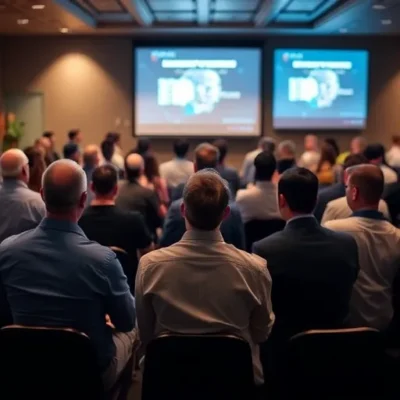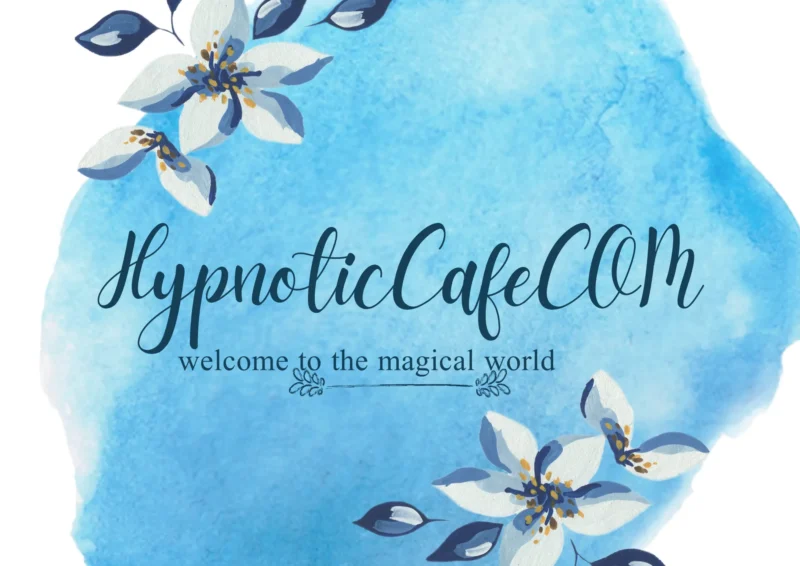Exploring Advanced Non-Verbal Hypnosis: Insights from a Workshop in Los Angeles
Hello, this is Hypnosis Creator Tamura.
On April 28, HypnoticCafe hosted an Advanced Non-Verbal Hypnosis workshop in Los Angeles. This event was a unique opportunity for participants to delve into the intricate theories and practical applications of non-verbal hypnosis. The atmosphere was lively and collaborative, making it a memorable and enriching experience for everyone involved.
In this article, I will share a participant’s feedback and provide an in-depth look at the workshop’s highlights, discussing why combining theory with practice is essential for mastering non-verbal hypnosis.

Feedback from a Participant
Here is the feedback we received from one of the attendees, which offers valuable insights into the experience:
Participant’s Feedback

Thank you for an invaluable seminar.
When people hear the term hypnosis, it often carries an air of mysticism. However, this seminar was rooted in proper theory, which made it easy to understand.
Additionally, I was amazed by how openly and thoroughly the instructor shared their knowledge.
Instead of buying multiple DVDs or books on hypnosis, attending this seminar just once helped me truly grasp the concepts.
I look forward to processing everything I learned today step by step.
During the paired practice sessions, my partner was experienced in receiving hypnosis, which helped me effectively convey several images.
It was amazing!
I would love to attend another seminar if the opportunity arises.
Merging Theory with Practice: The Foundation of Effective Learning
The feedback highlights the seminar’s balanced approach to teaching the theoretical and practical aspects of non-verbal hypnosis.
Understanding the Theoretical Framework
Hypnosis is often misunderstood as a mystical or occult practice. In reality, non-verbal hypnosis is grounded in psychology and neuroscience. By understanding these foundational theories, participants can appreciate why certain techniques work and how to apply them effectively.
The seminar placed significant emphasis on explaining these principles, ensuring that even participants new to the field could follow along and grasp the core concepts.

Importance of Practice
The paired practice sessions were crucial in translating theory into actionable skills. During these sessions, participants focused on conveying specific images and ideas non-verbally. Although challenging at first, consistent practice helped attendees achieve notable breakthroughs, as reflected in the participant’s feedback.
Key Learning Points in Non-Verbal Hypnosis
To master non-verbal hypnosis, there are several essential components that practitioners should focus on.
1. Building a Solid Theoretical Foundation
Understanding the science behind hypnosis enhances your ability to apply it effectively. Knowing the mechanisms of subconscious communication and how energy dynamics work provides the confidence needed to execute techniques successfully.
2. Developing Visualization Skills
Non-verbal hypnosis relies heavily on the practitioner’s ability to create and convey clear mental images. Strengthening this skill involves practicing imaginative thinking and refining the ability to project these images to others.
3. Repeated Practical Application
Skills in non-verbal hypnosis improve significantly with hands-on practice. Regularly engaging in exercises that involve sending and receiving images builds familiarity and competence, making the techniques second nature over time.

Why Attend a Workshop Instead of Learning from Books or Videos?
The participant’s feedback emphasized how attending a seminar was far more effective than studying through books or DVDs.
Interactive Learning Environment
Workshops offer a dynamic setting where participants can ask questions, receive immediate feedback, and learn through direct interaction. This interactive environment ensures a deeper understanding of the material.
Personalized Guidance
Unlike static learning resources, seminars provide personalized coaching tailored to individual needs. Instructors can identify areas for improvement and offer targeted advice to help participants excel.
Networking Opportunities
Workshops also create a community of like-minded individuals who share an interest in hypnosis. Practicing with peers fosters collaboration and provides additional opportunities to refine skills.
The Role of Creativity in Non-Verbal Hypnosis
Creativity plays a vital role in mastering non-verbal hypnosis. Practitioners must think innovatively to craft compelling mental images and adapt techniques to different scenarios.

Leveraging Personal Strengths
Participants with artistic inclinations or strong imaginative abilities often find it easier to convey vivid images. Recognizing and building upon such strengths can accelerate progress in non-verbal hypnosis.
Expanding Techniques
Creativity enables practitioners to develop unique methods and refine existing techniques. This adaptability ensures that non-verbal hypnosis remains effective across various applications, from therapy to communication.
Final Thoughts
The Advanced Non-Verbal Hypnosis workshop in Los Angeles provided participants with a comprehensive understanding of this fascinating field. By combining theory with practical application, attendees were able to make significant progress in mastering the art of non-verbal communication.
For those intrigued by non-verbal hypnosis, workshops like these offer unparalleled learning opportunities. If you’re ready to explore new possibilities and unlock your potential, we invite you to join us at a future HypnoticCafe event.
Thank you to all the participants who joined us in Los Angeles. Your enthusiasm and dedication make these sessions truly rewarding. Let’s continue to explore and grow together in the realm of non-verbal hypnosis.
HypnoticCafe
Hypnosis Creator Tamura

 Audible Audiobook
Audible Audiobook 



Comments